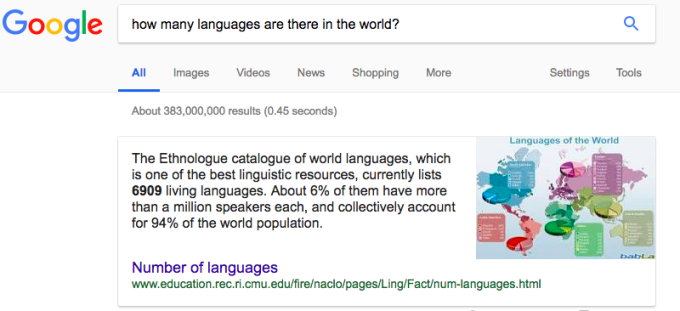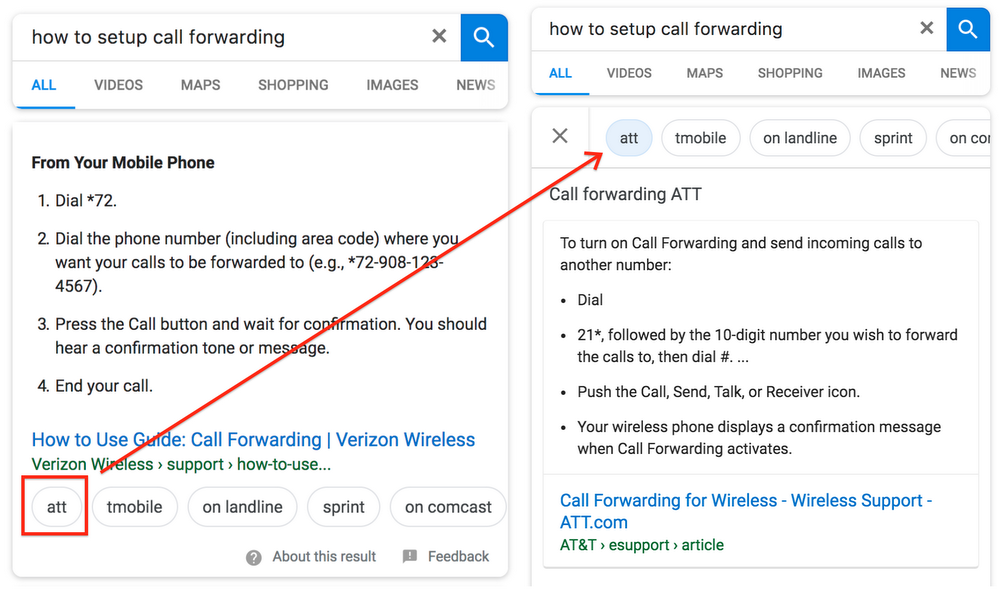Medical content writing must take into account Google’s ideas of dealing with biased search results. Tweaking snippets is Google’s preferred option to tackle the controversy, and is something medical SEO strategies must warm up to.

Despite all the algorithmic innovations Google has brought about, we still end up getting silly answers to certain search queries – answers that not only are factually incorrect, but also prejudicial and propagandist in some cases, as was discussed in our earlier blog.
Google has been thinking of ways of countering this, after it came under much criticism as a result of some contentious search results that turned up such false and fabricated information that women are evil and Barack Obama is planning a coup. The way the search engine’s algorithms work, links and traffic are the primary factors in deciding search results. When sites end up being popular, they get good search rankings. Algorithms and Google don’t have any mandate to promote inaccurate and prejudicial results; it’s just the way it works. And it isn’t easy to deal with, no matter how loud the criticisms are.
The Knowledge-Based Trust Concept
There was the idea of the Knowledge-Based Trust (KBT) that Google researchers had proposed back in 2015. The KBT was thought of as a means for judging web page quality based on the content’s factual accuracy rather than the number of inbound links that come its way. But this has just been a concept with no certainty as to its effectiveness or practicality.
The KBT concept involves utilizing Google’s Knowledge Graph to reward pages having more accurate information. Google would use an extraction process to compare the information on the web pages to the facts it has in its Knowledge Graph. The benefits of the Knowledge Graph are already evident. It offers the facts in the information boxes appearing with the search results. But the KBT method would only work in the case of websites dealing with entities already in its Knowledge Graph database.
Tweaking Search Snippets to Avoid Biased Information
TechCrunch’s Natasha Lomas discusses Google experimenting with another method – making tweaks to its search snippets. The featured snippets were presenting contentious information for a fraction of searches. According to a Stone Temple test, Google’s featured snippets had a 97.4% accuracy rate. But even the tiny percentage of featured snippets providing biased or prejudicial information account for a good deal of fake news being circulated, due to the sheer vastness of searches being made through Google. More than 400,000 search queries are processed on an average by Google each second, translating to more than 3.5 billion searches each day.
Featured Snippets Tended to Confirm User Biases
The snippets also have a tendency to provide answers reflecting the way the user frames the search question. This actually led to the featured snippet confirming the biases of the users. Google admits this happens as a result of its systems favoring content aligned with what the user asks. So Google could end up serving different answers in its snippets for the same topic, depending on how the user frames the question.
Lomas mentions Google’s blog describing this situation. If someone searches “are reptiles good pets”, Google’s featured snippet would draw information from a web page that advocates keeping reptiles as pets while a user searching “are reptiles bad pets” would cause the snippet to pull up data from a site that is against keeping reptiles as pets or discusses the potential health hazards of owning reptiles.
This phenomenon is usually only evident in subjective queries. Objective queries such as “why is the sky blue” draw up unbiased answers.
Multiple Choice Relativism
With more subjective queries Google does face a problem with displaying objective snippets, which is why it is considering applying multiple choice relativism. There are many solutions Google is mulling as part of this concept.
- Featured Snippets from Multiple Sources
One of the solutions is mentioning featured snippets from multiple sources so the user can go through all of them. It keeps Google away from the charge of displaying a biased answer. There will be more than a single featured snippet in relation to what the user searched originally. - Labels
Google also mentions in its blog that it has just launched labels. The example Google quotes is the query “how to setup call forwarding”. Now the answer to this doubt varies based on the telecommunications carrier. Labels help users select the carrier appropriate to them, as it shows in the following screenshot:

Having more than a single featured snippet provides users with a variety of information, some of which could also be contradictory. But Google would clearly be indicating that it has not selected an answer and pulled it up to be the preferred one, instead it has presented the many answers out there. It’s up to the user to select.
So it would be extremely beneficial if the pages of your medical website had all the relevant information regarding a particular treatment procedure or diagnostic method so that users searching for its advantages or disadvantages could end up seeing your answer in the snippets. It requires quality medical content writing offered by a professional medical SEO company.




